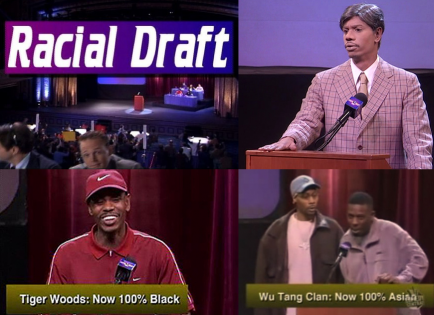The challenges of understanding mixed-heritage identities – both one’s own lived experience or the experiences of others – illuminate the inherent structural flaws of the construction of race.
The term “mixed-heritage” refers to the broad and broadening group of people who claim two or more racial, ethnic or cultural backgrounds. Sometimes this is referred to as “cultural hybridity.” I do not identify myself as mixed race or multi-racial, or mixed ethnicity or multi-ethnic, as I believe myself to be fully-descending from a Korean lineage, although country of origin alone does not define race or ethnicity. As a transracial adoptee, I claim the term “mixed-heritage” because of my experience being Korean-American raised in a white family culture.
Categorizations of race in the United States are constructed and have been continually manipulated throughout history within a power system that benefits whiteness and maleness. It is important to note that “whiteness” and “maleness” are not synonymous with individual white people or male people, but refer to ideological value systems that privilege being white over being a person of color and value being male over non-male.
It is important to acknowledge that our current understanding of race is a flaw in our collective thinking. Race is not scientifically founded or biologically true, or based on skin color, facial features, or country of origin; it does not determine IQ, athleticism, or the ability to dance. Nonetheless, monolithic definitions of race inform almost every aspect of our lives, from what we perceive as “beautiful,” who we think is a “natural-born leader,” what is considered “professional,” and who is labeled as a “threat.” Racism – this system of advantages and disadvantages based on a hierarchy of firm racial categories – affects all individuals, it lives in our institutions, and it is woven into the fabric of our culture. Its presence is pervasive and studies show that children in America recognize race as a key defining identity by age three and have internalized white-biases by age five.
IMAGE: Stills from "The Racial Draft," comedy skit on Chappelle's Show via Comedy Central


